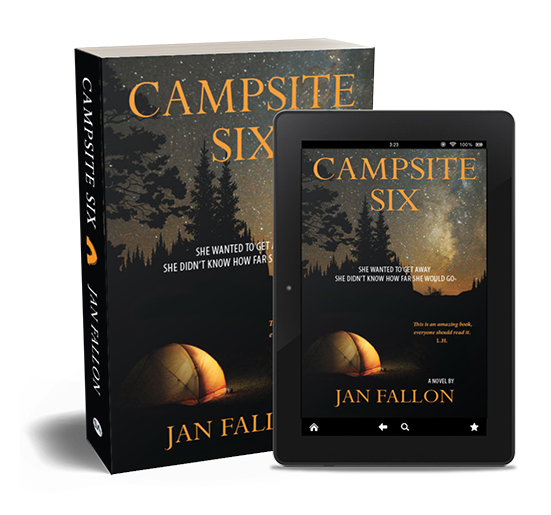
You might think this a simple, quick task. Buy, read, review—done! However, many readers stop after they’ve read, leaving the author waiting for their coveted book review for this one fact: reviews can be hard to write—and most readers aren’t writers.
Here are a few steps to help you write a good book review, whether you loved the book… or not.
Remember the book review should not be a paragraph of social-media-type opinion. It’s a tool for other readers to learn if this book is one they would enjoy. And guess what? Not every reader likes the same type of book. So state the facts and let them decide, using these examples:
Start with a simple and true statement that conveys your thoughts about the book.
- If you like a lighter read that you can finish in a few sittings, try this book!
- This historical fiction is entangled with complicated relationships that will keep you on your toes.
If you have something clearly negative to say, use the compliment sandwich method, layering it in between two positives:
- The setting of this book drew me in with its bustling inner-city streets, but the characters lacked the same depth, and I wanted to go deeper in to their stories.
- The main character was compelling, and even though I found the subplots distracting, I’m glad I kept reading.
Don’t write a review too soon. Reading is a relational experience, and even if you think the book didn’t impact you, your emotions might tell a different story:
- Do you think of the characters or passages days after you’ve finished the story, still caring about them or laughing at certain scenes?
- Does part of your story surface because you identify with a character’s struggle, and find it touched you more than you realized?
Explain your stars. Whether you give a high or low star rating, some detail helps clarify for the review reader:
- I gave this book five stars because I really enjoy a simple murder mystery, and it grabbed my attention.
- I gave this book two stars, because the cover was misleading and I didn’t get what I expected.
For additional help review other reviews! Peruse through existing reviews to gauge where your thoughts lie. You’ll find reviews that resonate with what you’re thinking within the best and worst comments, which can help your review land in just the right spot!
And one last thing… Stay Anonymous. A review from the author’s friend won’t carry as much weight if it starts with, “My friend Susie wrote this amazing book!!” even if it is truly amazing. Stay anonymous and fair, and let your review speak for itself.
Strive for a truthful, friendly review, free of social-media-type reactions. After all, one person’s junk novel is another person’s treasure. A reviewer’s job is to help readers find a book that appeals to them in the myriad of choices available.
No one should miss a good book because of a bad review, so use these tips to make your review a good one, whether you loved the book… or not.


